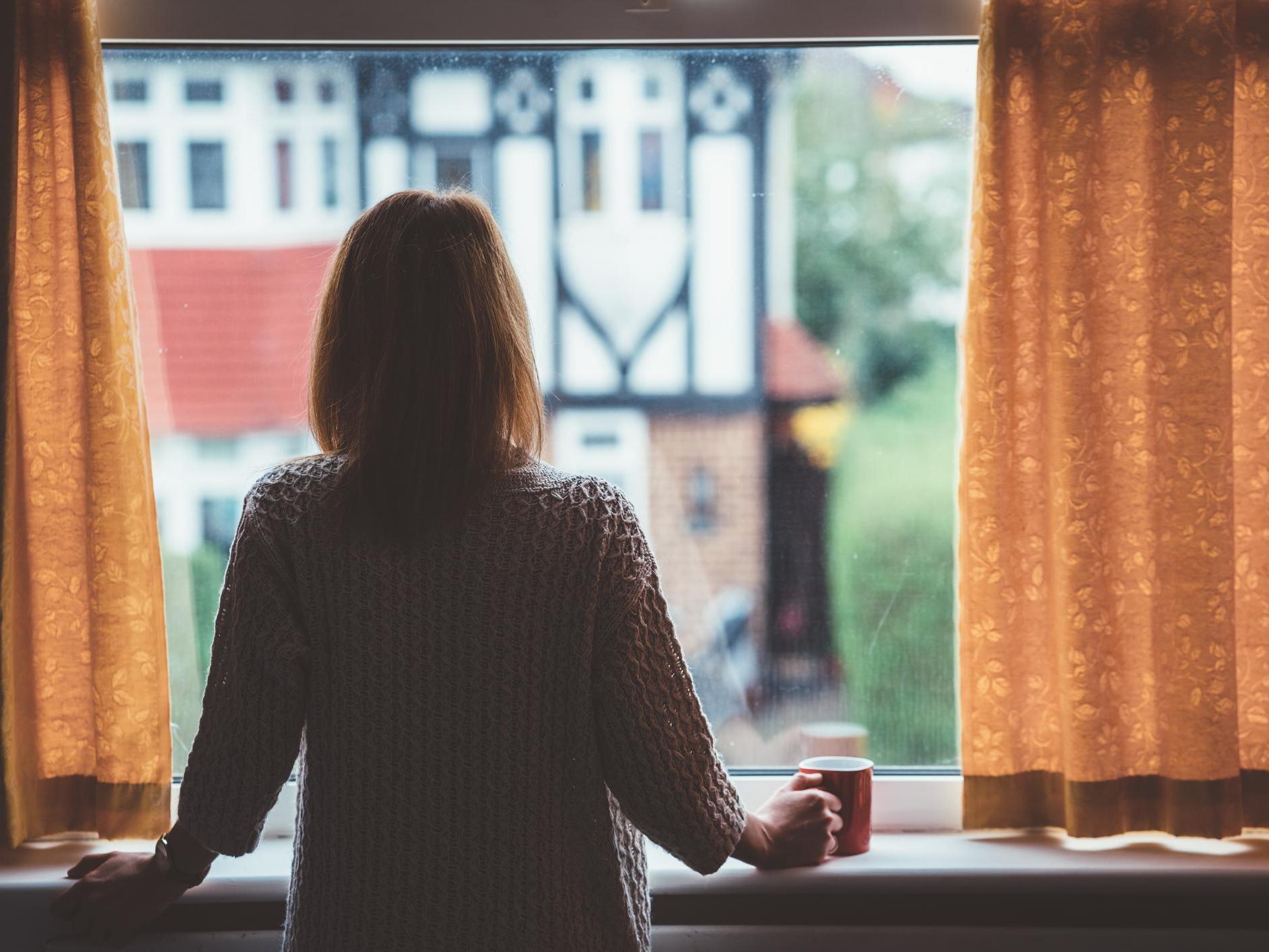Tens of thousands of domestic abuse survivors denied legal aid, study reveals
Spending on legal aid for domestic abuse cases fell by 37 per cent from 2010-11 to 2020-21, research shows

Your support helps us to tell the story
From reproductive rights to climate change to Big Tech, The Independent is on the ground when the story is developing. Whether it's investigating the financials of Elon Musk's pro-Trump PAC or producing our latest documentary, 'The A Word', which shines a light on the American women fighting for reproductive rights, we know how important it is to parse out the facts from the messaging.
At such a critical moment in US history, we need reporters on the ground. Your donation allows us to keep sending journalists to speak to both sides of the story.
The Independent is trusted by Americans across the entire political spectrum. And unlike many other quality news outlets, we choose not to lock Americans out of our reporting and analysis with paywalls. We believe quality journalism should be available to everyone, paid for by those who can afford it.
Your support makes all the difference.Thousands of domestic abuse survivors in the UK have been “forced to continue living under the shadow of their abusers” since access to legal aid was scaled back 10 years ago, a study claims.
Roughly 34,000 people are thought to have been denied access to orders to help remove attackers from the family home, or prevent them from returning.
Since the law was changed in May 2012, the proportion of domestic abuse cases funded by legal aid had fallen from 75 per cent to 47 per cent, the House of Commons library calculated.
Labour’s shadow attorney general Emily Thornberry has piled blame on the “wilful cruelty” of the Cameron-Clegg coalition government – in power between 2010 to 2015 – which she said had been “perpetuated by their successors in the current Cabinet”.
Ms Thornberry has called for an urgent reform of the legal aid system to “avoid a second lost decade for the survivors of domestic abuse and their children”.
The Legal Aid, Sentencing, and Punishment of Offenders Act was introduced 10 years ago, in May 2012, and sought to impose capital and income limits for applicants for civil legal aid.
A decade later, the Commons library was asked to review its impact. It found that spending on civil legal aid for domestic abuse cases had fallen by 37 per cent between 2010-11 and 2020-21.
The study, reported by The Guardian, said it was “not possible to say exactly how many people have become ineligible who would otherwise have been able”. But they found the ratio of domestic abuse cases that received legal aid compared with those without it fell from 0.75 in 2012-13 to 0.5 in 2020-21.
On the likely basis that the ratio had stayed the same, officials forecasted that 41,000 more people would have been eligible for legal aid in domestic abuse cases.
In ruling out around 17 per cent of recipients who are alleged perpetrators, the Commons library concluded: “Around 34,000 alleged victims might have been eligible for legal aid since 2012-13, were it not for the changes brought in.”
But the findings suggested that the true number could be higher as it was “likely that some people are put off applying to the family court to settle matters where domestic abuse is involved because they already know they are not eligible for legal aid.”
Ms Thornberry said the law change had been implemented by ministers who were “hell bent on driving through their austerity agenda on the backs of the most vulnerable in society, even at the expense of their duty to protect the safety of women”.
The MP for Islington South and Finsbury added that tens of thousands of women were being “forced to continue living under the shadow of their abusers”.
She said: “We need urgent reform of our legal aid system to avoid a second lost decade for the survivors of domestic abuse and their children. We cannot have another 10 years when those women desperately turning to the government for help against their abusers find the door slammed in their face.”
A Ministry of Justice spokesperson said: “More than 95 per cent of applications for legal aid in domestic abuse cases are successful and we are making millions more people eligible through our changes to the means test.”
“The Domestic Abuse Act is transforming our response to this terrible crime – redefining economic abuse, improving protection for victims and bringing more perpetrators to justice,” the spokesperson added.
Join our commenting forum
Join thought-provoking conversations, follow other Independent readers and see their replies
Comments